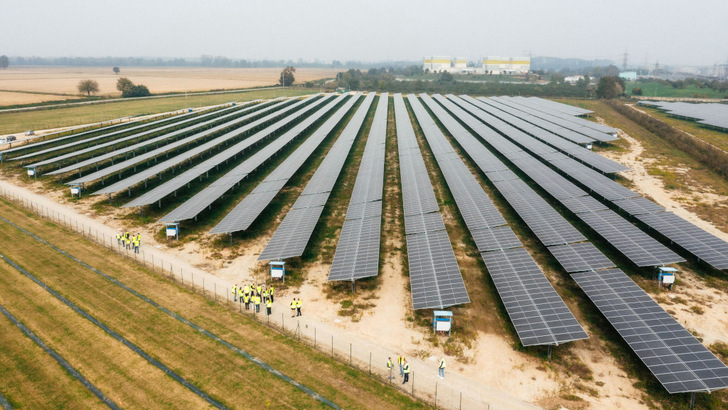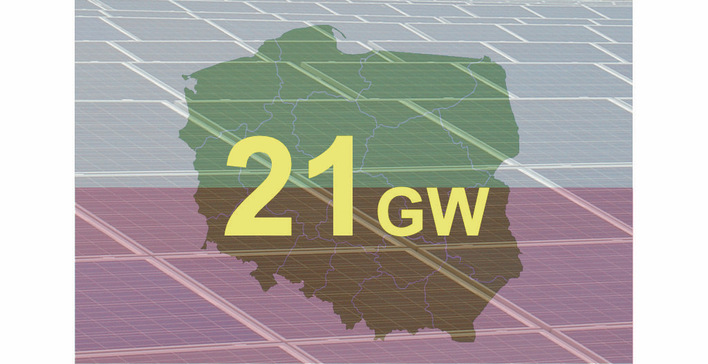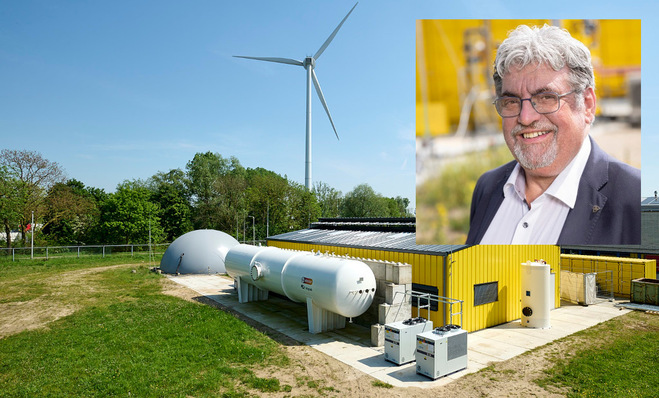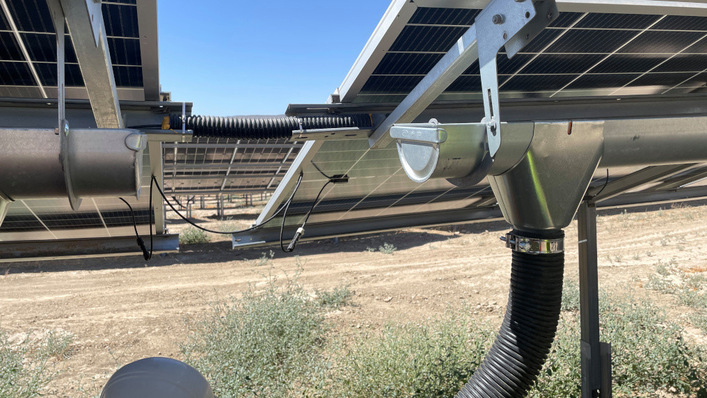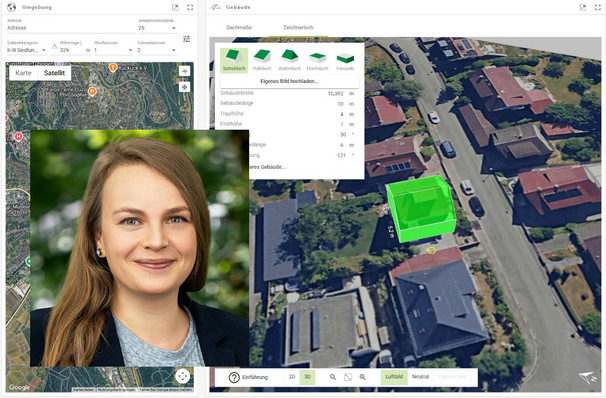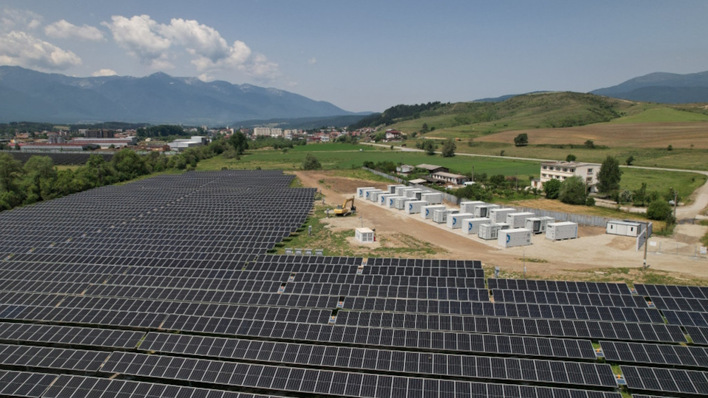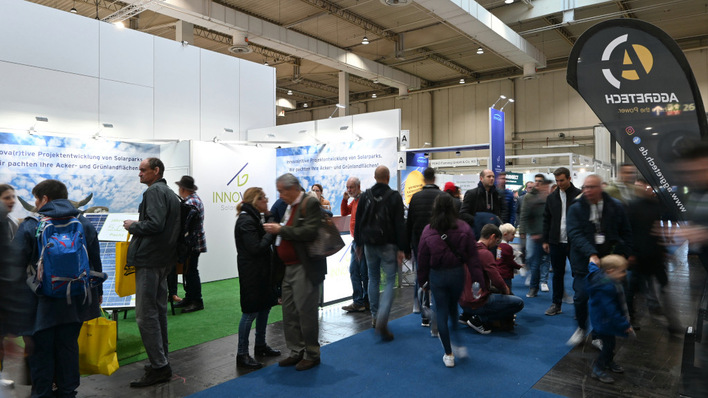Swiss energy supplier MET Group has commissioned a 10 megawatt solar plant in Ferrera Erbognone. Project planners expect the facility to deliver around 15 gigawatt hours of solar electricity annually. Importantly, the site will continue to be used for agriculture.
Trackers enable continued farming
Rice for traditional risotto still grows beneath the solar modules thanks to a design that keeps agriculture at the centre of the project. Installers from CMC Europe Italy, on behalf of MET Group, fitted around 16,000 modules onto a tracker substructure that follows the sun for optimal power generation and can rotate horizontally when needed. This approach means rice farmers can continue working their fields with their usual machinery, maintaining productivity while supporting the shift to renewable energy.
Compensation area created
Construction of the solar park began in July 2024. MET Energia Italia is responsible for marketing, delivering the solar power generated on site directly to its customers. From the outset, the project partners placed a strong emphasis on maintaining agricultural activity. They also created a 50 metre wide compensation strip, planted with 2,800 plants, that encircles the 16 hectare site, reinforcing the commitment to both biodiversity and sustainable land use.
Respecting natural resources
The municipality benefits from the agri-PV park both economically and ecologically. “What pleases me most is that this solar park exemplifies how MET places emphasis on responsible planning and management of natural resources during construction,” says Clive Turton, Executive Chairman of the Green Assets Division at MET Group. “Within this context, responsible water management is a priority, guaranteeing that water use is socially equitable, environmentally sustainable and economically beneficial.”
Fraunhofer ISE algorithm balances crop growth and solar efficiency
Italy open to agri-PV
According to MET Group, this is the company’s first agri-PV project in the region. In future, the company plans to expand its activities in the Italian market, which is set to become one of its key markets. This will not be possible without agri-PV, as the construction of solar plants on agricultural land is not permitted in Italy except in the case of agri-PV. (su)


